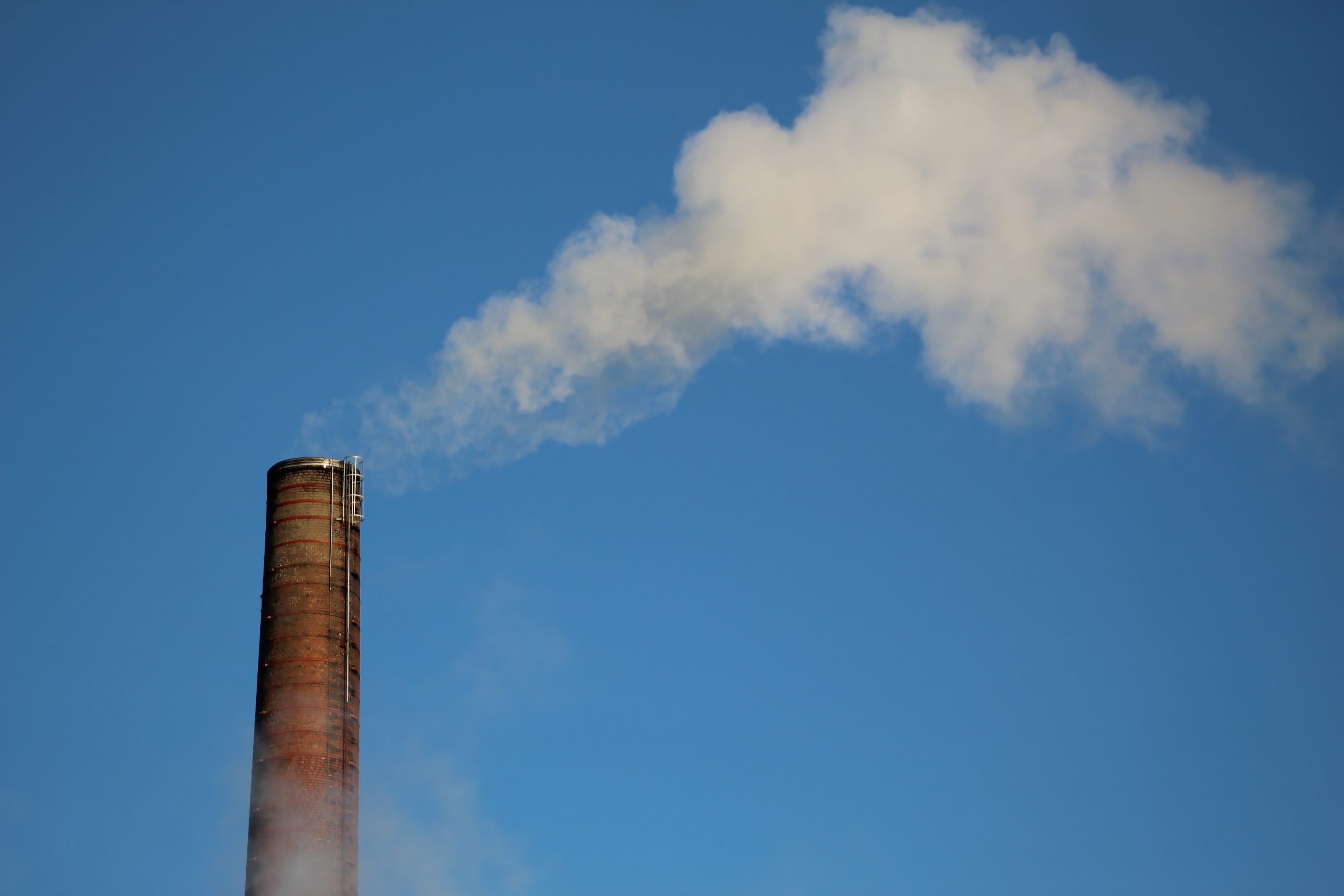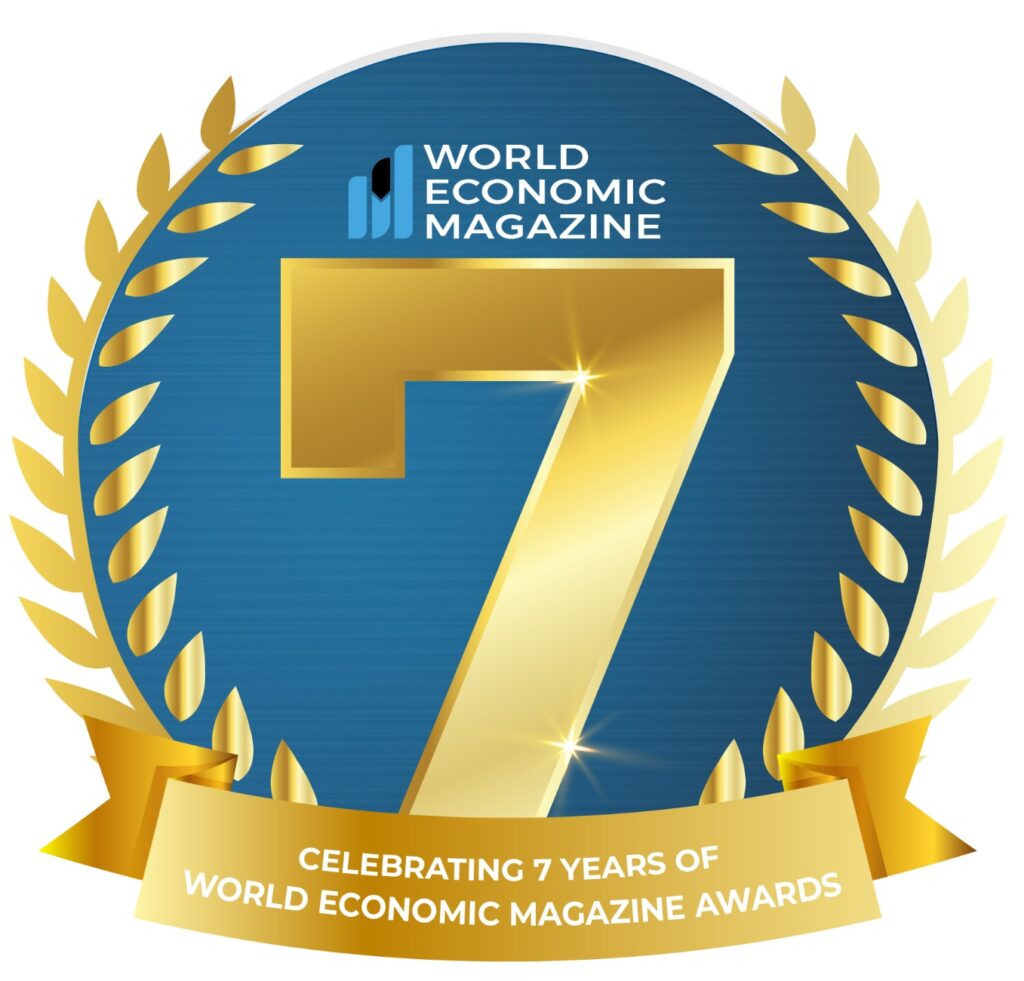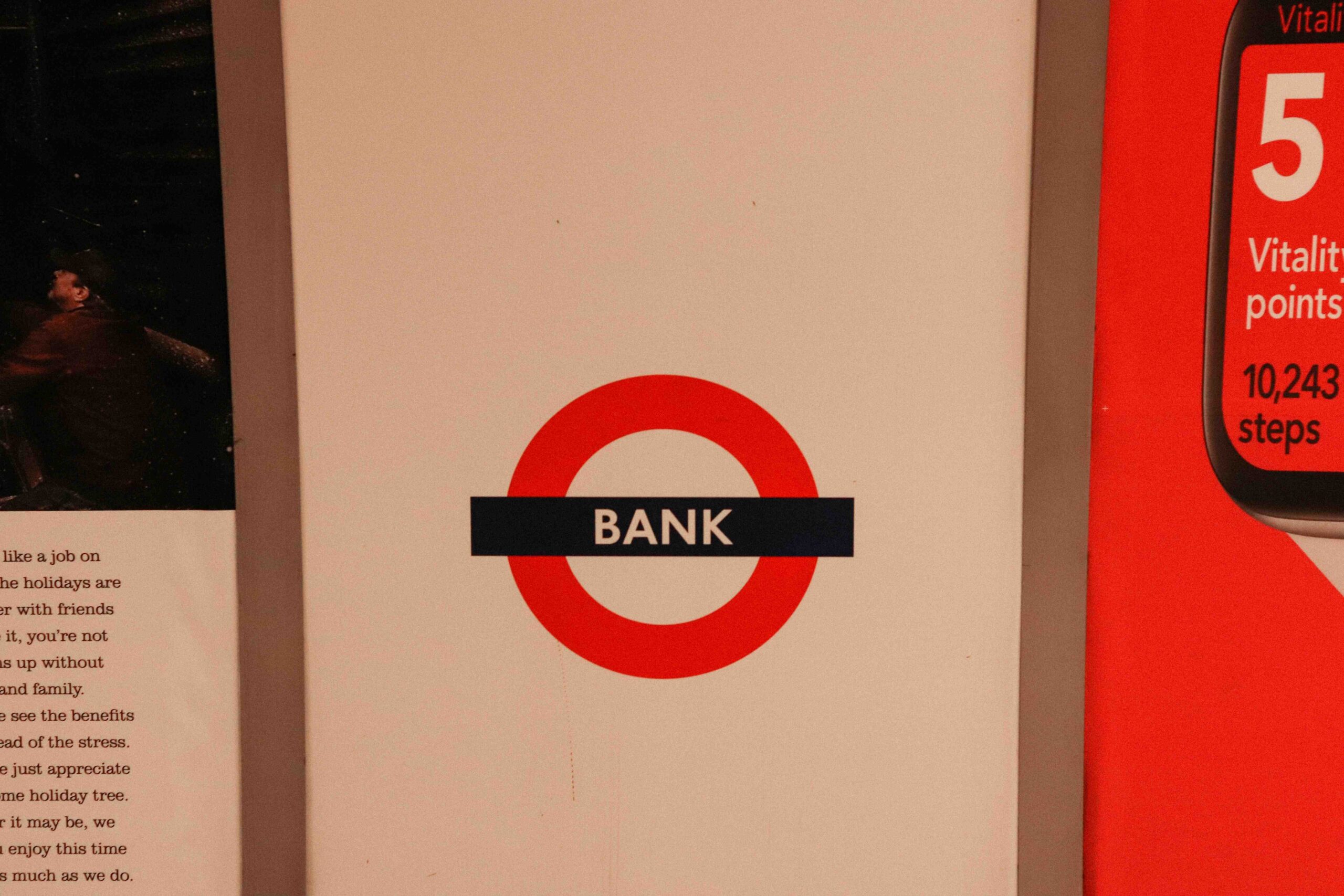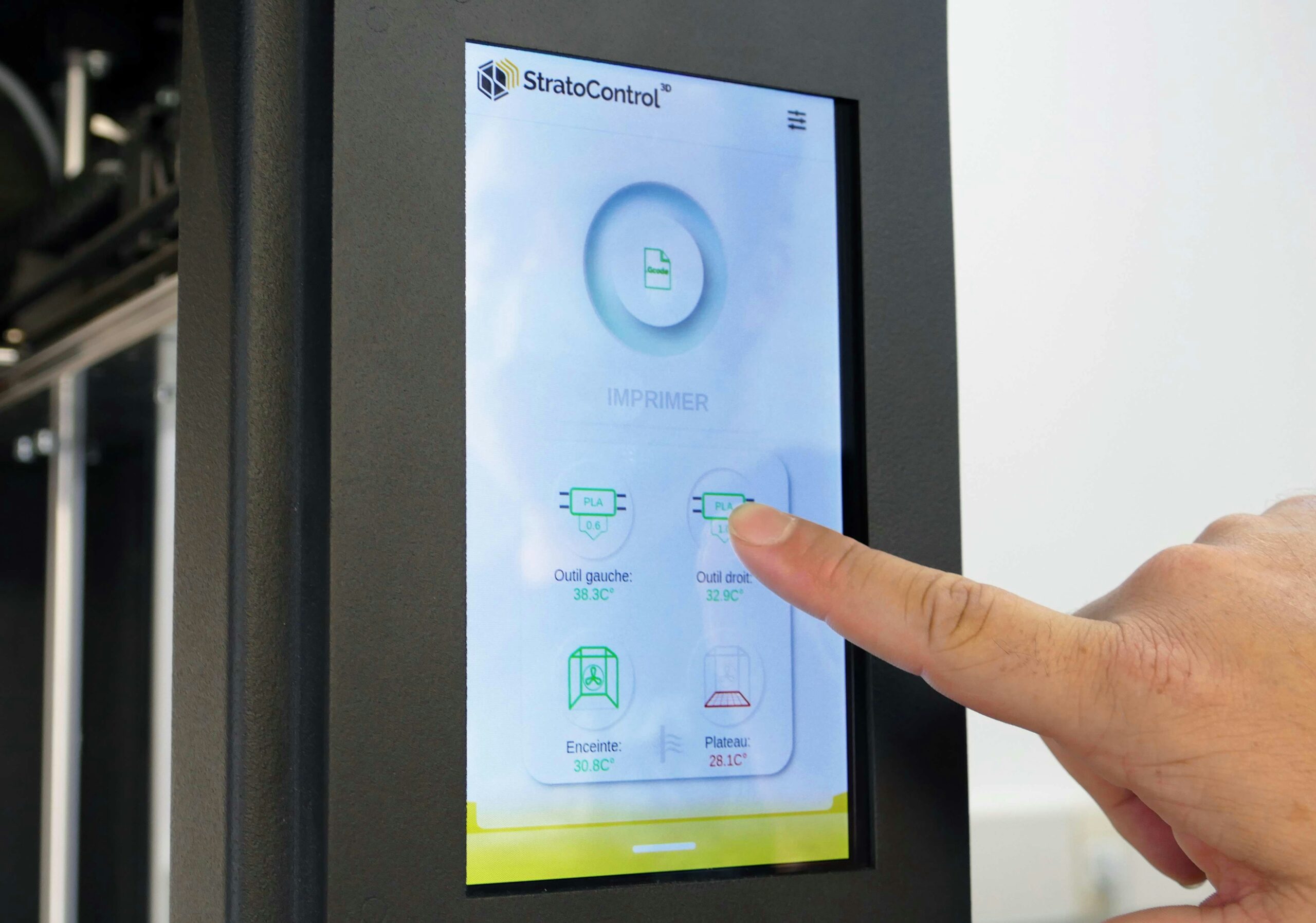
Calix, an Australian firm, has received funding for its carbon capture technology!

Calix Ltd, based in Australia, announced on Wednesday that it has found a buyer for a stake in its carbon capture technology unit, valuing the company at A$350 million ($256 million).
Calix’s stock rose 20% to a historic high only after the company announced that Carbon Direct, a New York-based investor, had invested 15 million euros ($18 million) for a 7% stake in Calix’s LEILAC Group to support the scalability of its technology.
The process of capturing and storing carbon dioxide (CO2) before it is released into the atmosphere is known as carbon capture and storage. The method can capture up to 90% of the CO2 emitted by the use of fossil fuels in energy production and other industrial processes such as cement production.
Low Emissions Intensity Lime and Cement (LEILAC) is an acronym for Low Emissions Intensity Lime and Cement. LEILAC is putting to the test a game-changing technology that could allow Europe’s cement and lime industries to cut carbon emissions while maintaining or improving international and cross-industry competitiveness.
Carbon capture is absolutely essential for mitigating global warming, according to the International Energy Agency and the United Nations’ climate panel. Cement production accounts for 8% of global carbon emissions, producing over 4 billion tonnes of CO2 per year, two-thirds of which comes from the heating of limestone to produce lime and cement.
Because of the royalties LEILAC could earn as a percentage of carbon prices, according to Calix CEO Phil Hodgson, capturing carbon output appears to be a great business opportunity. Carbon is currently priced at around 55 euros per tonne in the European Union.
According to the sources, Hodgson told Reuters that as the world implements emissions trading schemes, it begins to look like a multibillion-dollar market.
Calix reportedly completed a two-year pilot test of its kiln in June at a Heidelberg Cement plant in Belgium. On the basis of the trial’s findings, Heidelberg Cement and the European Union decided to fund a larger-scale trial at one of the company’s German plants.
Carbon Direct CEO Jonathan Goldberg stated in a joint statement with Calix that they are very impressed by the LEILAC team’s technical and commercial rigor, and plant partners are vocal about their enthusiasm for LEILAC.
Calix expects to finish construction on retrofitting Heidelberg’s plant for the larger trial in late 2023 or early 2024.
Source: Reuters





